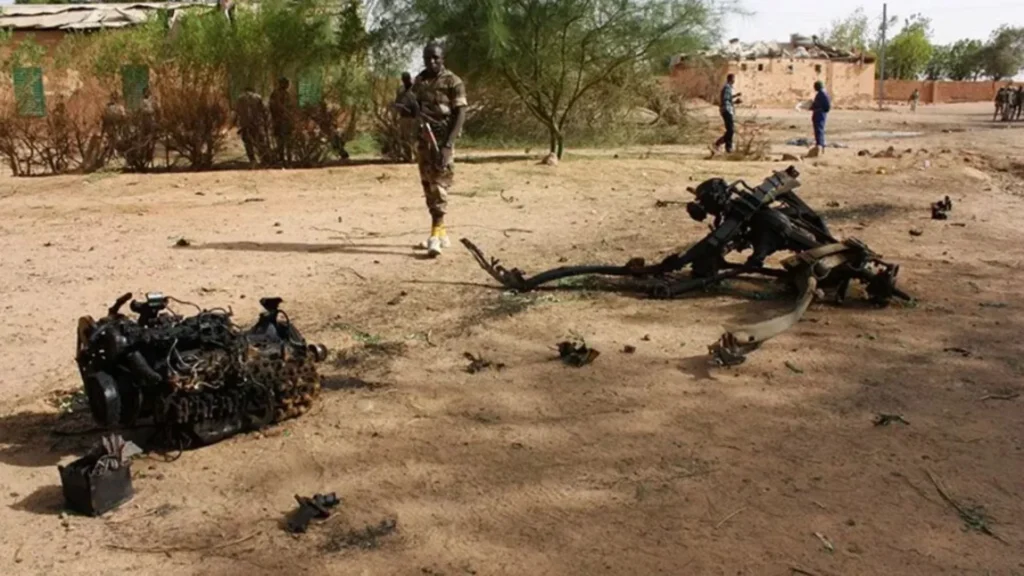Twelve Nigerien soldiers were killed and two suspects arrested following a deadly attack in western Niger near the country’s unstable tri-border region with Mali and Burkina Faso, the army said in a statement reviewed by Reuters on Saturday.

The assault occurred on Friday about 10 kilometers (approximately six miles) north of the village of Sakoira, a location often at the center of violence stemming from the West African jihadist insurgency linked to groups aligned with al Qaeda and Islamic State. According to the military’s statement, the soldiers were conducting a mission when armed men launched what was described as a “surprise offensive,” targeting the unit with force. The statement referred to the attackers as terrorists but did not specify an exact affiliation.
Though the Nigerien military refrained from immediately identifying the group responsible, suspicions are likely to fall on Islamic State in the Greater Sahara (EIGS), a group that has been blamed for numerous recent attacks in the region. Just last month, authorities in Niger attributed the massacre of at least 44 civilians at a mosque near the tri-border zone to EIGS militants.
The Sahel region has been engulfed by a growing insurgency since 2012, when a Tuareg rebellion erupted in northern Mali. That conflict soon gave way to a broader Islamist militancy, which spread into neighboring Burkina Faso and Niger and, more recently, reached the northern fringes of coastal West African countries such as Benin. Over the past decade, jihadist violence has resulted in the deaths of hundreds of thousands and displaced millions across the region. Armed groups have repeatedly attacked villages, military outposts, police stations and convoys, destabilizing national governments and plunging communities into chaos.
The inability of Sahelian governments to restore security and stability has fueled a wave of political upheaval. Between 2020 and 2023, Mali, Burkina Faso, and Niger all experienced military coups, driven by public dissatisfaction over escalating insecurity. Despite international and regional pressure to transition back to democratic governance, military juntas remain in control in all three nations.
Following the coups, Niger, along with its Sahelian neighbors, severed ties with traditional Western partners, including France and the United States. In a shift of allegiance, these military-led governments have increasingly turned to Russia for support in combating jihadist groups, signaling a significant geopolitical realignment in West Africa.
Friday’s attack underscores the ongoing and lethal threat posed by jihadist movements across the Sahel, even as new alliances and security strategies are reshaped in the aftermath of political upheaval.



